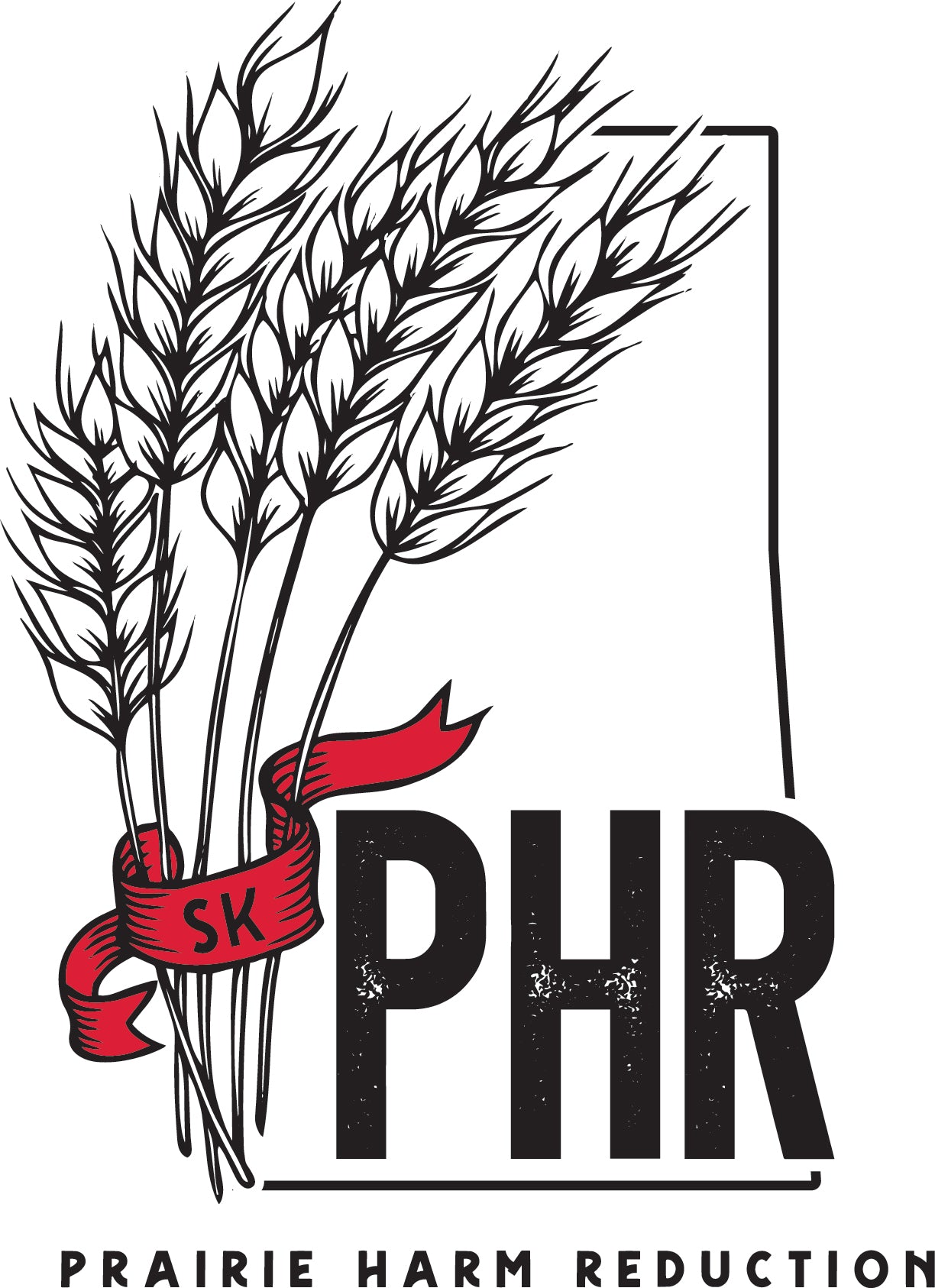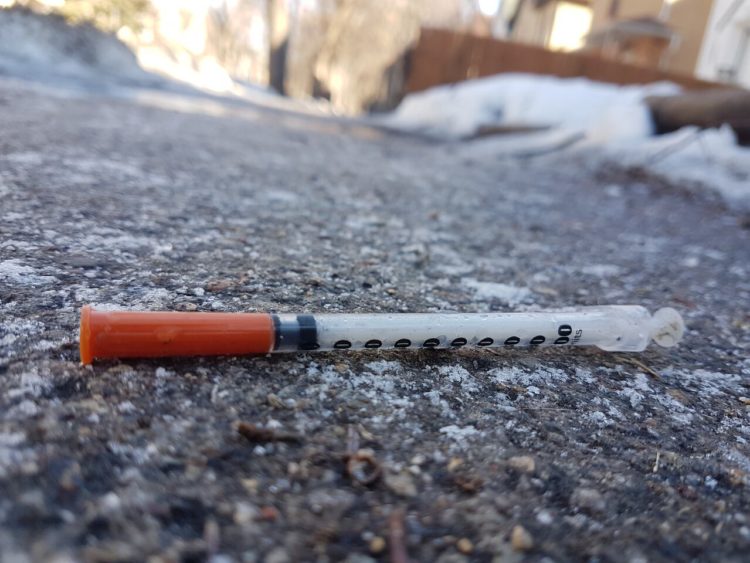Heather Balfour, a Regina mother, lost her daughter to an overdose in 2019.
“She was just so musically talented,” Heather said about her daughter, Rachel Balfour.
Rachel loved dance, gymnastics and anything that brought her together with friends.
“Giving, caring — she was always looking after other people,” Heather said.
Rachel had anxiety and sadness in high school, according to her mother, but she was a good student who enjoyed gaming and coding.
Rachel’s academic achievements inspired her to pursue a degree in computer science at the University of Alberta.

Even though her classes were difficult, there were no warning signs until February 2019, when her family hadn’t heard from her in a few days.
“The most devastating thing that can happen to anyone is the Regina Police Service showed up at our front door at our house to let us know she had been found dead in her university dorm room,” Heather said.
Rachel’s father and sister happened to be at home that day, which Heather considers a gift because the family was able to be together when the devastating news was conveyed.
“Just devastating — I mean, we just collapsed. When it comes completely out of the blue like that, it was just shocking and absolutely devastating.”
Rachel died of fentanyl poisoning after a four-and-a-half-month wait for the family to learn.
Heather stated that the family was unaware of Rachel’s drug use.
“She was never sick, never missed school. There were just no signs,” Heather said.
“To this day we don’t know if she’d been a regular user (or) was this a one-off? I’ve imagined all kinds of things in my mind about what might have happened.”
Heather has one message she wants to share with others based on her experiences.
“Don’t think it can’t happen to you because three years ago, I would’ve had no concept that this was a risk in my life.”
Families of 406 people in Saskatchewan who died of suspected or confirmed overdoses during the first eleven months of 2021 may have experienced similar anguish. It exceeds the previous high of 328 set in 2020.

These figures, according to Saskatchewan’s minister of mental health and addictions, are alarming.
Families of 406 people in Saskatchewan who died of suspected or confirmed overdoses during the first eleven months of 2021 may have experienced similar anguish. It exceeds the previous high of 328 set in 2020.
These figures, according to Saskatchewan’s minister of mental health and addictions, are alarming.
Hindley also acknowledged that the problem affects all communities, from Regina and Saskatoon’s larger cities to smaller towns and First Nations in northern and remote areas.
In his royal speech, the province promised to build 150 treatment beds over the following three years.
The take-home naloxone programme, as well as a drug-checking strip project, has grown. The Saskatchewan government allocated $458 million on mental health and addictions in its most recent budget.
However, the actual budget narrative is sometimes about what wasn’t funded rather than what was.
Prairie Harm Reduction (PHR) in Saskatoon has been refused provincial funding for its supervised consumption site, which allows people to consume drugs under the supervision of medical experts. PHR’s request for $1.3 million was denied by the government.

“Yeah, I think it’s pretty clear which direction this government is comfortable heading in, which is hundreds of people dying,” PHR executive director Jason Mercredi said.
According to Hindley, the provincial government is awaiting the conclusions of Saskatchewan’s drug task force, which will provide recommendations for future approaches to the province’s drug epidemic.
“That may include supervised consumption sites. It may involve the expansion into new areas that we had not gotten into, and perhaps expanding existing programs and supports as well,” Hindley said.
According to Hindley, the province is always seeking fresh and creative ways to deal with the situation.
Muskwa Lake Wellness Camp, which provides land-based intervention to combat alcoholism and drug mortality in northern Saskatchewan towns, has received a $300,000 donation from the provincial government.
The Saskatoon Board of Police Commissioners requested a study this year on decriminalizing personal drug possession and other alternatives to the criminal justice system for helping persons with addictions.
“I think that’s important. That generally happens already, but there may be some gaps in the availability of some of those health-related services,” Saskatoon Police Chief Troy Cooper said.

About 20% of contacts to Saskatoon Police Service include mental health or addiction issues.
“We saw that really begin to increase in 2020 and we’ve seen it exponentially increase in 2021,” Cooper said.
“Numbers of people dying from drug toxicity is increasing year after year after year,” Heather said.
Heather feels herself fortunate, despite her loss, because she has found support from friends, family, and her community.
As a result, she founded the Regina chapter of Healing Hearts to assist other families who have been devastated by the catastrophic impacts of drug addiction. Meetings will continue in 2022, with the support group providing comfort to families at a time when they are most in need.
















